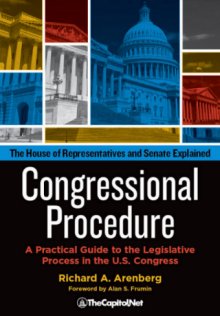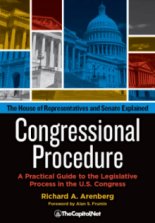Zero Based Budgeting (CongressionalGlossary.com)
From the Congressional Glossary – Including Legislative and Budget Terms “Zero Based Budgeting is a method of budgeting in which all expenses must be justified for each new period. Zero-based budgeting starts from a ‘zero base,’ and every function within an organization is analyzed for its needs and costs. Budgets are then built around what … Read more



